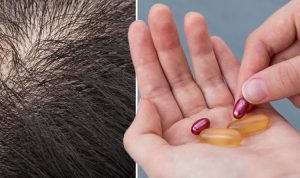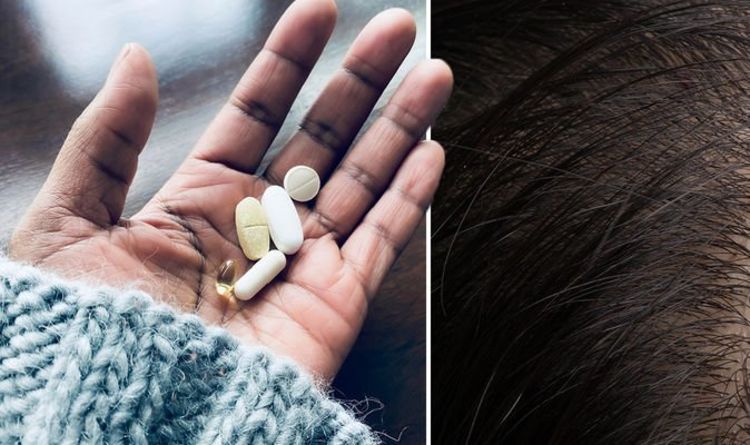Dr. Harold Lancer – Your Hair and Medications Guide
Greetings, seekers of healthy hair! I’m Dr. Harold Lancer, a dedicated dermatologist with a passion for holistic beauty. Today, we embark on a journey to explore the often overlooked relationship between medications and hair loss. Medication-induced hair loss can be a distressing experience, but understanding its causes and implementing effective coping strategies can help you maintain your hair’s health and vitality. Join me as we unveil the truth about this issue and empower you to protect your precious locks.
Medications and Hair Loss: The Hidden Connection
A Common but Underreported Issue
Medications have the power to heal, but they can also impact your hair. Hair loss due to medications, known as drug-induced alopecia, is a more common issue than many realize. Medications can disrupt the hair growth cycle, leading to various forms of hair loss.

Medications That May Cause Hair Loss
The Culprits
Several types of medications have been linked to hair loss, including:
- Anticoagulants: Blood thinners like heparin or warfarin.
- Antidepressants: Certain antidepressants, such as fluoxetine and sertraline.
- Antibiotics: Tetracycline antibiotics, commonly used for various infections.
- Antifungals: Medications for fungal infections like griseofulvin.
- Antihypertensives: Blood pressure medications, such as beta-blockers and ACE inhibitors.
- Cholesterol-Lowering Drugs: Statins like atorvastatin or simvastatin.
- Chemotherapy: Cancer treatments can cause significant hair loss.
Coping Strategies for Medication-Induced Hair Loss
1. Consult Your Healthcare Provider
If you suspect your medication is causing hair loss, don’t hesitate to consult your healthcare provider. They can assess your situation and potentially adjust your medication if necessary.
2. Be Patient
Hair loss due to medications is often temporary. Once the medication is adjusted or discontinued, your hair may gradually return to its normal growth pattern.
3. Explore Topical Solutions
Discuss with your dermatologist the possibility of using topical solutions like minoxidil to promote hair regrowth.
4. Consider Hair Supplements
Biotin and other hair supplements can support hair health during this period. Consult with your healthcare provider before adding supplements to your routine.
Expert Insights on Medication-Induced Hair Loss
Dr. Harold Lancer
As a holistic beauty advocate, I understand the emotional toll that hair loss can take. Medication-induced hair loss can be particularly challenging, as it is often a necessary step in managing a medical condition. My advice is to consult with your healthcare provider to explore alternative medications or treatments that may have fewer side effects. Remember, maintaining overall health is paramount, and hair regrowth is possible.
Meet Dr. Harold Lancer: Your Hair’s Ally
A Commitment to Holistic Beauty
Throughout my career, I’ve been dedicated to helping individuals achieve their best, healthiest selves. Hair loss can be a daunting experience, but with the right guidance and strategies, you can navigate this journey and maintain healthy hair.
Embrace Your Hair’s Resilience
In conclusion, medication-induced hair loss is a reality for many, but it doesn’t have to define your hair’s future. By understanding the causes, seeking medical advice, and exploring coping strategies, you can empower yourself to maintain healthy hair. Trust in the expertise of Dr. Harold Lancer and embrace your hair’s resilience.
Remember, your health and well-being are the top priorities. With patience and proactive measures, your hair can thrive once again.










